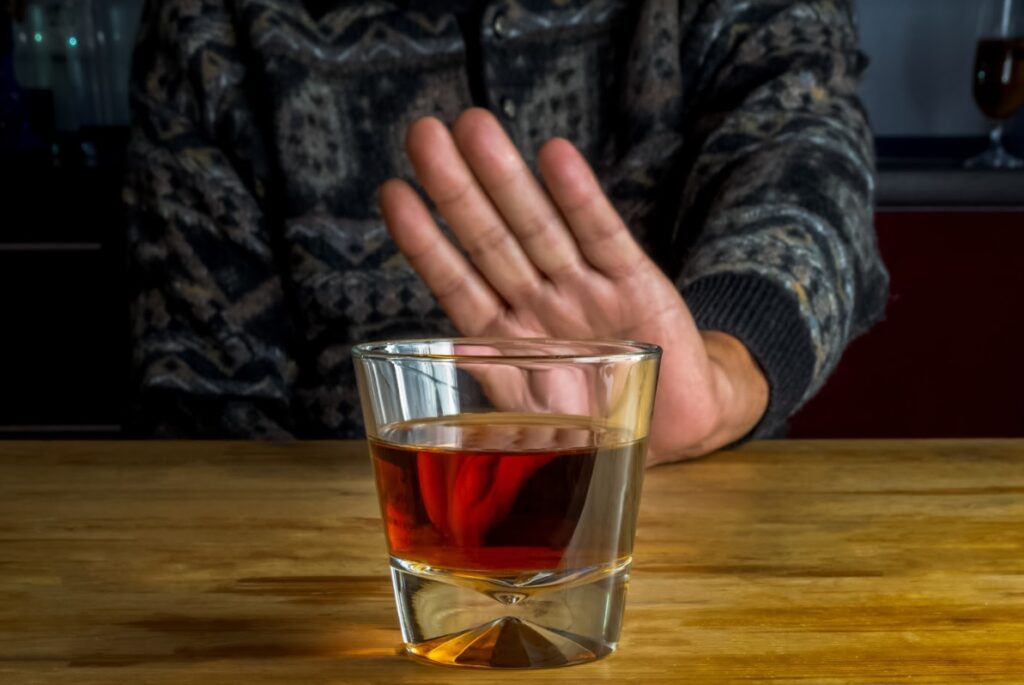Anxiety disorders are the most common mental illness in the U.S., affecting over 40 million adults in the United States, accounting for around 19% of the population. Less than 50% of affected people are receiving treatment.
Anxiety can lead to various symptoms that may interfere with your everyday life. You can experience fatigue, trouble sleeping, increased irritability, impaired concentration, and many other symptoms. If you’ve been experiencing these, you shouldn’t put off visiting a doctor any longer. When left unchecked, anxiety may negatively impact your quality of life.
Still, you may also try some natural remedies to help yourself fight restlessness, agitation, or anxiousness. They include avoiding alcohol and caffeine, making changes in your diet, adding CBD to your daily routine, or trying out yoga or meditation. To learn more about the natural ways to help you get the control back, continue reading the article below.
Add CBD to Your Daily Routine
CBD is one of the active compounds found in cannabis and hemp plants. It contains little to no THC and, therefore, has no mind-altering properties. There is scientific evidence to support the use of CBD for dealing with generalized anxiety disorder, social anxiety disorder, and post-traumatic stress disorder. You can also search more information about benefits of other cannabinoids derived from hemp, such as cannabinol (CBN), cannabigerol (CBG), Delta 10, and many other.
You can try Delta 10 & CBD products for vaping, in form of edibles, or by simply taking CBD oil sublingually. People who look for the easiest way to take it can try soft gels – all you have to do is swallow it and enjoy the benefits of CBD. If you have a sweet tooth, you can also try CBD gummies that come in plenty of tasty flavors.
Avoid Alcohol and Caffeine
For many people, caffeine is an inseparable part of their daily routine. On top of that, some also do not shy away from alcohol. Both of them can stimulate your fight-or-flight response, which might then worsen your anxiety or even trigger an anxiety attack. The effects are especially pronounced when you combine them. Therefore, it’s best to avoid coffee and alcohol, not because they directly cause anxiety, but because they can worsen its symptoms.
However, while cutting down on alcohol shouldn’t be a problem for most f adults, limiting caffeine might prove to be a problem, especially if you rely on it for your daily energy boost. To give yourself better chances, try drinking matcha that can provide you with a steadier energy boost or green tea that contains less caffeine than coffee but is still enough to produce energizing effect.

Eat a Healthy Diet
Keep your diet healthy by reducing your sugar intake and decreasing the number of processed foods in your diet. Reducing the amount of consumed sugar significantly helps fight against stress and anxiety. It also helps keep your blood sugar levels stable, which is why it’s so helpful for anxiety sufferers.
The best way to lower your sugar intake is to cut out sugary drinks such as soda and fruit juices and eat healthier snacks compared to candies and cookies, such as fruits, veggies, and nuts instead. To keep things even more nutritious, try to avoid recipes that require using butter or animal fat, steam, bake, or grill your food instead of frying it, choose whole grains and keep your portions reasonable.
Eat Foods Rich in Omega-3 Fatty Acids
Eating foods rich in omega-3 fatty acids may be beneficial for preventing anxiety and depression because they can easily travel through the brain cell membrane and interact with mood-related molecules inside the brain.
These nutrients are found in fish such as salmon and tuna, avocados, walnuts, flaxseeds and chia seeds, leafy green vegetables, and many others. You can also find them in olive oil, avocados, soybeans, tofu, dark leafy greens (spinach and kale), eggs, macadamia nuts, pecans, cashews, peanuts, and many other foods. Eat away!
Try Meditation or Yoga
Meditation may reduce anxiety symptoms. An expert guide can help you develop a habit that will stick. If you’re new to meditation, start with a guided meditation led by a teacher – in person or via audio or video. This will help you focus and avoid getting lost in your thoughts. As you start meditating more often, you will be able to focus on your breathing without the need for a guided meditation.
If you prefer to stretch your muscles a little bit, you can choose yoga over meditation. To learn yoga, you can look for classes in your area and sign up and have someone to guide you, or you can explore YouTube videos that teach the basics. Start with two or three times a week, for an hour or an hour and a half each time, and see if yoga helps calm your anxiety.
Conclusion
Anxiety can cause significant problems in different areas of your life. If you’re experiencing its symptoms, you can try some natural methods to cope with it. Avoiding caffeine and alcohol, as well as switching to eating a healthier diet, can be a good starting point. Then, you can explore remedies such as CBD or try calming exercises like yoga. However, there’s no one-size-fits-all solution, so don’t get discouraged if you try something that gives you no results.
Additionally, keep in mind anxiety is a serious issue that in some cases needs to be addressed and treated professionally. If you or someone you know is experiencing the symptoms of severe stress or persistent anxiety, it’s time to see a medical professional. Natural remedies can and often do work, but they are not always a substitute for professional treatment and medication.
